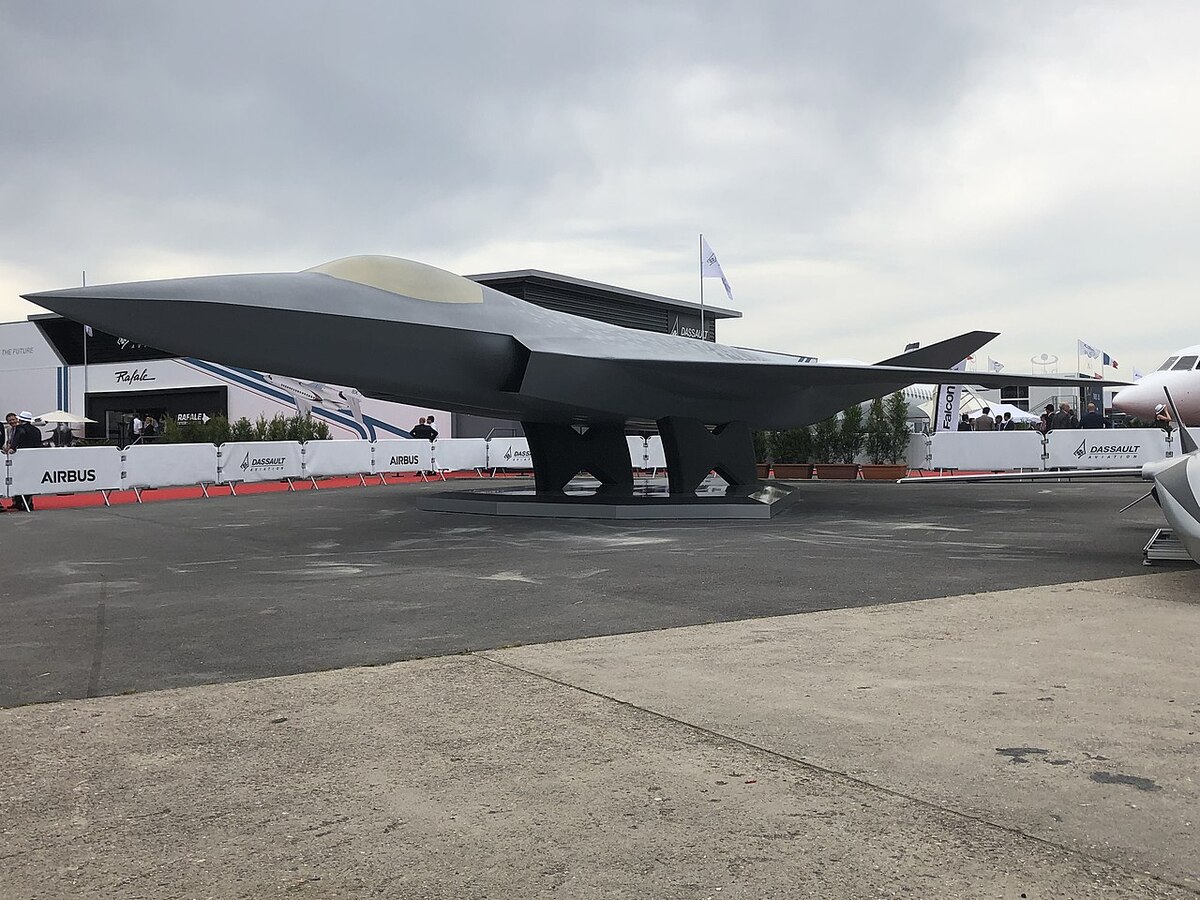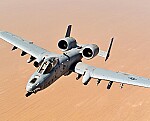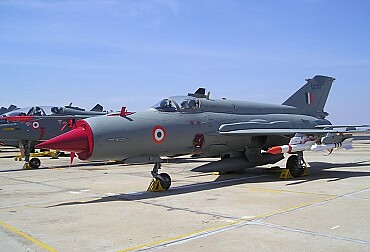FCAS/SCAF: France demands 80% of the project, Berlin threatens to withdraw
The FCAS/SCAF (Future Combat Air System/Système de Combat Aérien du Futur) project represents an estimated budget of more than €100 billion, spread over several decades. France’s recent demand for an 80% workshare has raised significant concerns about the project’s viability. The FCAS is central to Europe’s quest for strategic autonomy, reducing reliance on U.S. defense systems. If the program fails, Europe may remain dependent on American technology, undermining its defense sovereignty.

According to Airbus, Europe's Future Combat Air System (FCAS) aims for a new-generation piloted aircraft flying alongside remotely piloted aircraft of different sizes. These assets will form part of a fully networked “system of systems” based on open architectures that will enable the integration of other existing platforms such as the A400M and the A330 MRTT tanker. At the heart of this complex system will be the air combat cloud, which will enable these platforms to work together.
Risks to the FCAS program not meeting its goals
On July 7, 2025, information revealed by the German trade publication Hartpunkt, and then picked up by several other publications, reignited tensions surrounding the FCAS (Future Air Combat System) program. This industrial program, launched in 2017, brings together France, Germany, and Spain around the common ambition of designing a new-generation combat aircraft to replace the Rafale and the Eurofighter by 2040.
According to these sources, France has officially notified Berlin of its intention to control 80% of the workload under this program. The announcement was made in an already tense context marked by delays, doctrinal differences, and persistent industrial rivalries between Dassault Aviation, Airbus, and Indra. At the heart of the conflict is control over the development of the NGF (Next Generation Fighter), the centerpiece of the FCAS.
Officially, no comment has been made by the French Ministry of the Armed Forces or by Airbus. But according to an industry source quoted by Hartpunkt, France argues that its aeronautical expertise, particularly that of Dassault, justifies this exceptional request. The unofficial objective is to avoid diluting French expertise in a partnership that has historically favored Germany in other European industrial sectors. However, the 80% claim does not concern the entire program, but mainly the development of the NGF, i.e., the combat aircraft itself. This requirement upsets the “pillar-based distribution” logic that has prevailed until now: The NGF (led until now by Dassault, in tension with Airbus), the engine, combat drones, the cloud combat system, sensors, armament, and communication systems. By demanding 80% of one of these pillars, France thereby upsetting the balance of the architecture, originally designed to be tripartite and cooperative.
Germany: “Final nail in the coffin”
France’s push for an 80% workshare has created friction with Germany and Spain, who are equal partners in the program. German lawmakers have warned that this demand could be the “final nail in the coffin” for FCAS, as it risks alienating partners and undermining the collaborative spirit essential for such a multinational project. Unequal workshare distribution may lead to reduced commitment from Germany and Spain, potentially causing delays or even withdrawal. For instance, Germany has expressed concerns about France’s dominance, with accusations that France views its partners as less competent to ensure timely delivery.
Christoph Schmid, an SPD member of the Bundestag, said: “Berlin cannot continue to finance a French project with German money. If Paris insists, this could be the final nail in the coffin for the FCAS.” The German Ministry of Defense reiterated that the intergovernmental agreement remains in force, stressing that any changes to industrial governance must be agreed upon by consensus.
In practice, this French statement is perceived in Berlin as a unilateral act, contrary to the logic of European cooperation that has been defended since the project was launched. German industry, notably Airbus Defense & Space, Hensoldt (specializing in sensors), and MTU (engine manufacturer), could lose entire segments of the program.
The FCAS represents an estimated budget of more than €100 billion, spread over several decades. If the program were to overcome its internal disputes, the next phase of development was scheduled to begin in late 2025, with a very tight schedule to deliver an operational prototype in 2040. But the current tensions are calling this deadline into question. According to Investing.com, such a French demand could delay or even completely freeze the next phase, at a time when budgetary appropriations are due to be approved by national parliaments in the coming months. The risk of European fragmentation is real. Some observers are even suggesting a fallback option: the GCAP (Global Combat Air Program), a direct competitor to the FCAS led by the UK, Japan, and Italy, which could appear to be a more coherent alternative for cooperation in the eyes of certain capitals.
Eurofighter, A400M or Horizon Frigate Program as a warning
The FCAS program is already facing delays due to disputes over workshare and technical specifications. Further disagreements could push the 2040 in-service date, increasing costs and risking obsolescence of the technology by the time it is operational. Historical European defense projects have struggled when national priorities clashed, leading to inefficiencies or cancellations. For example, differing technical requirements have previously complicated joint programs like the Eurofighter Typhoon - a joint project between the UK, Germany, Italy, and Spain to develop a multirole fighter jet, managed by the Eurofighter Jagdflugzeug GmbH consortium.
While the Eurofighter Typhoon is operational, it faced significant hurdles, including cost overruns (estimated at €20 billion above initial budgets), delays due to differing national requirements, and disputes over workshare. Early disagreements nearly led to Germany’s withdrawal, and export challenges limited its commercial success compared to U.S. competitors like the F-16. And there are other examples, such as the A400M Atlas Transport Aircraft, another collaborative project involving France, Germany, Spain, the UK, and others to develop a military transport aircraft, led by Airbus. This program also suffered from delays of over five years, cost overruns exceeding €10 billion, and technical issues with its engines and avionics.
National disagreements over specifications and funding led to reduced orders and strained partnerships. Or the Horizon Frigate Program, a joint effort by France, Italy, and the UK to develop a common frigate platform. The program collapsed in 1999 due to irreconcilable differences over design requirements (e.g., France prioritized anti-air capabilities, while the UK focused on anti-submarine warfare). The UK withdrew to pursue its Type 45 destroyer, while France and Italy developed the FREMM frigate separately.








